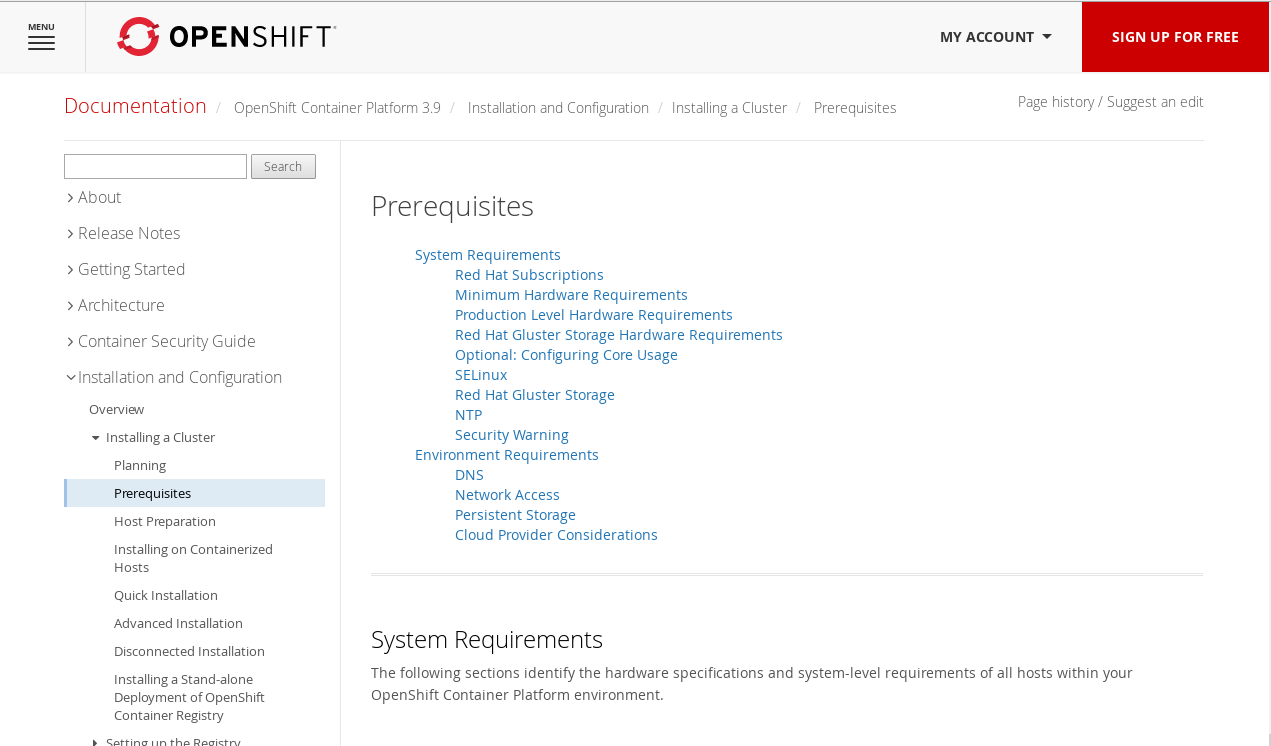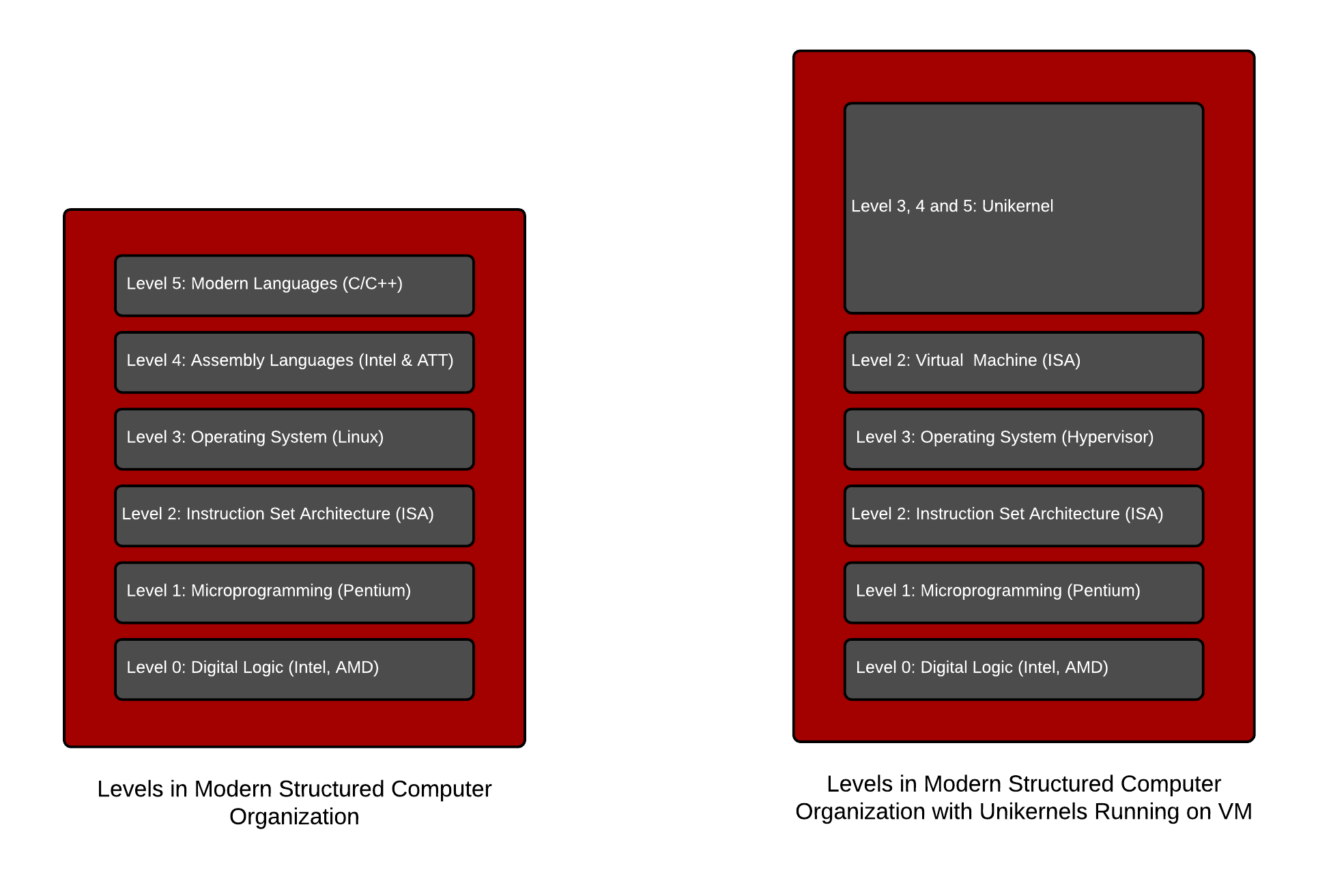This past weekend, I had the pleasure of attending the first ever DevConf US 2018, which is the 1st annual, free, Red Hat sponsored technology conference for community project and professional contributors to Free and Open Source technologies at the Boston University in the historic city of Boston, USA. This was a technical conference in
Recap of Container Talks at DevConf US


